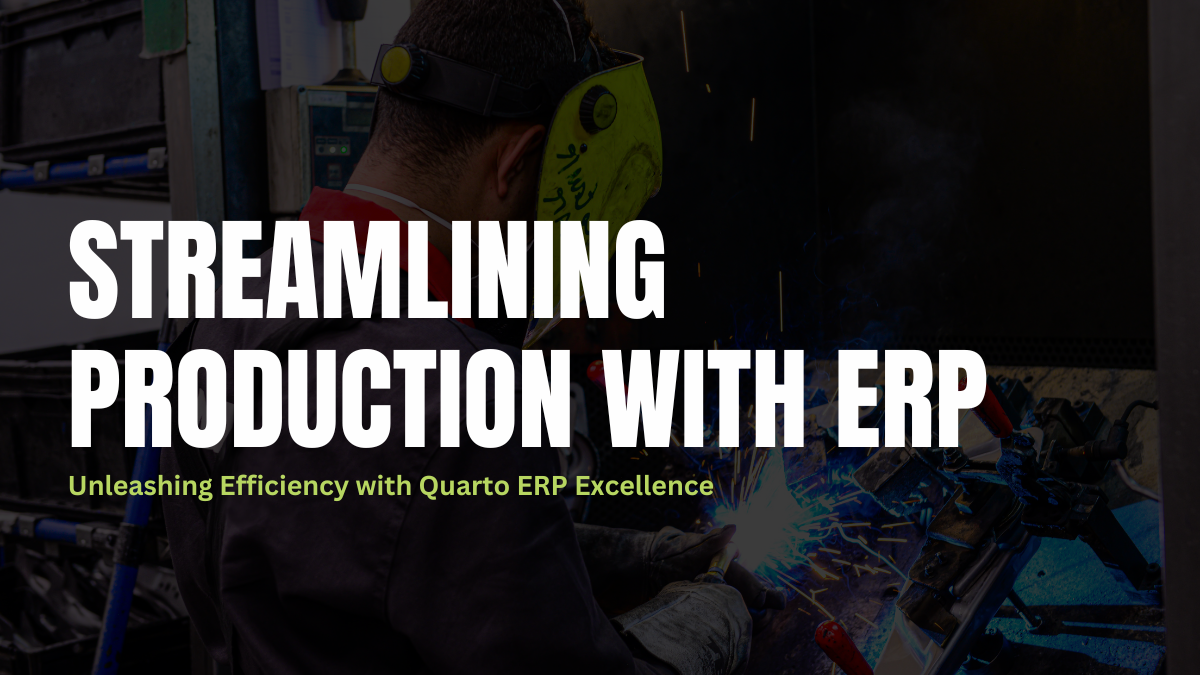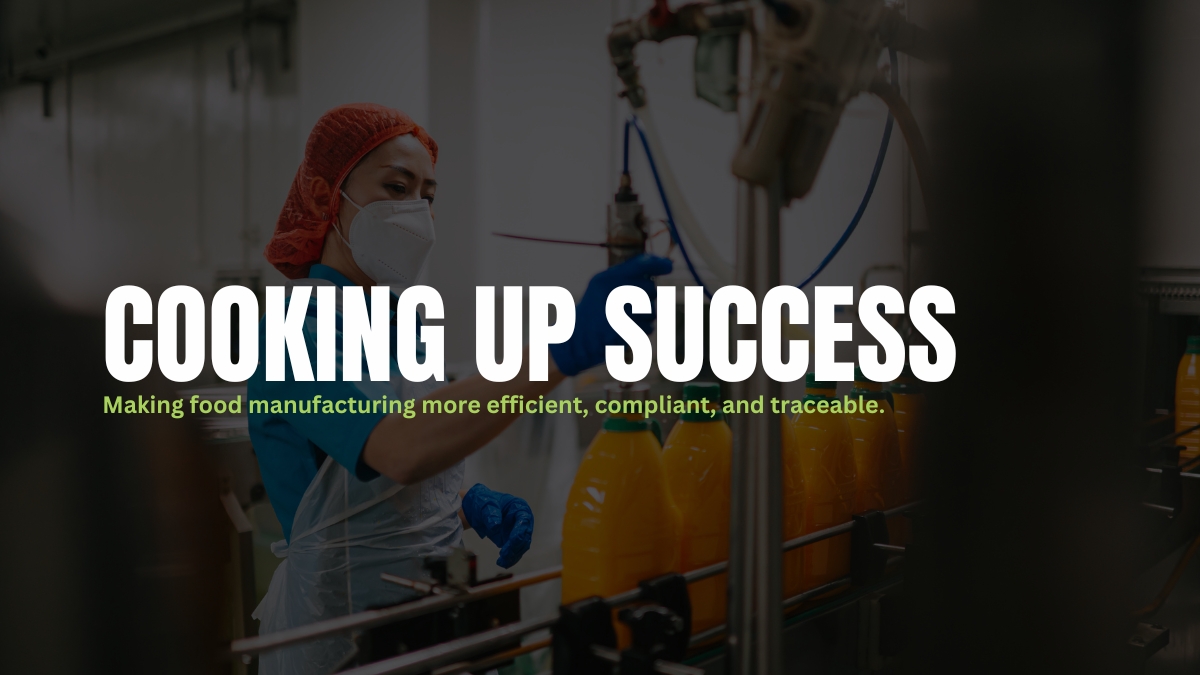In today’s dynamic manufacturing market, achieving excellence from the bill of materials (BOM) to quality assurance (QA) is critical for success. Streamlining Production With ERP: From Bill of Materials to Quality Assurance, Quarto ERP systems serve a critical role in orchestrating this complex dance of operations, assuring efficiency, accuracy, and compliance across the industrial life cycle.
At the heart of any manufacturing process lies the BOM, a comprehensive list detailing the materials, components, and sub-assemblies required for a product. Transitioning seamlessly into the realm of efficient production management, Quarto ERP systems enable organizations to create, manage, and optimize their BOM. This ensures that the right materials are sourced, tracked, and utilized at every stage, fostering a streamlined manufacturing process.
Example: A furniture manufacturer uses ERP to create a detailed BOM for a new sofa model. The system helps identify the exact quantities of wood, fabrics, and hardware needed, streamlining the procurement process and minimizing waste.
Efficient inventory management is paramount to avoiding bottlenecks and delays in production. Quarto ERP systems provide real-time visibility into stock levels, helping manufacturers optimize inventory, reduce carrying costs, and prevent shortages and overages.
Example: An electronic company leverages ERP to monitor component stock levels. The system automatically triggers reorder points, ensuring that essential components are replenished before they run out, avoiding production halts.
Quarto ERP systems enable precise production planning and scheduling by taking into account factors such as resource availability, lead times, and demand fluctuations. These systems facilitate a comprehensive approach to ensure accurate and efficient production processes. This ensures that manufacturing processes are aligned with market demands and organizational capacities.
Example: An automotive manufacturer employs ERP to create an optimized production schedule for assembling a new car model. The system accounts for machine availability, workforce capacity, and delivery timelines, resulting in a streamlined production process.
Maintaining product quality is non negotiable in manufacturing. ERP systems integrate quality control protocols into the production process, enabling real-time monitoring, defect tracking, and adherence to industry standards.
Example: A pharmaceutical company uses ERP to enforce strict quality assurance measures during drug production. The system monitors every stage, from raw material inspection to final product testing, ensuring compliance with regulatory requirements.
ERP systems provide end-to-end traceability, allowing manufacturers to track the journey of each component from supplier to end product. Moreover, in addition to its significance for compliance with industry regulations and standards, this traceability is essential.
Example: A food processing plant utilizes ERP to trace the origin of ingredients in a particular product batch. Consequently, this capability proves invaluable in quickly identifying and addressing any quality or safety concerns.
Navigating the manufacturing life cycle from BOM to quality assurance excellence demands a sophisticated approach. ERP systems serve as the compass guiding organizations through this intricate journey. By seamlessly integrating key processes, manufacturers are empowered to survive and thrive in the competitive landscape. This enables them to deliver high-quality products efficiently and compliantly. Streamlining Production With ERP is crucial in achieving these goals. Quarto ERP, that is available in all three platforms, online and offline, this helps organizations to manage their work from anywhere at any time.
Check out the module list to learn more about the ERP features.


